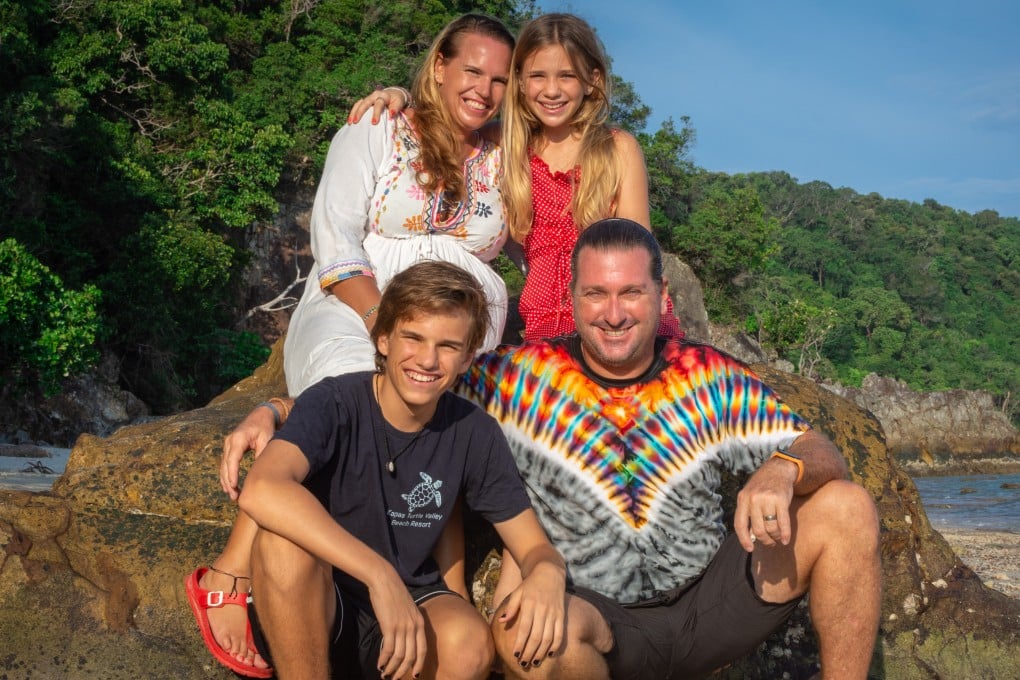Advertisement
From South Africa to Malaysia and the island resort of their dreams, then came the pandemic. Now family-owned dive destination is thriving
- Nadia Louw dreamed of running a small resort on a tropical island. After a family holiday on an island off peninsular Malaysia, she made it a reality
- Louw and her husband bought a resort on Kapas Island in 2019. When the pandemic closed borders, they had to look for ways to survive and remain positive
Reading Time:4 minutes
Why you can trust SCMP

The sea has always held Nadia Louw spellbound, whether it was when she was snorkelling in the Atlantic Ocean or swimming in the tropical reefs of the South China Sea.
Advertisement
“I knew I would only be happy if I lived closer to the ocean and could incorporate my love for the sea into my day-to-day life,” she says.
For 18 years, Louw worked as an executive chef and restaurant manager in her native Cape Town, South Africa. Although she was passionate about cooking and customer service, the long hours and her missing out on family time was taking its toll.
“I mentioned to my husband that I had a dream of running a small resort on a tropical island – he entertained the idea, but didn’t take me seriously,” says Louw.

With that dream in mind, Louw and her family – husband Nicholas Smith and children Mila, 13, and Liam, 16 – took every opportunity to explore islands where they might potentially run a resort, travelling to Mauritius, the Seychelles, Thailand and Indonesia. In 2018, they visited Malaysia, and the tiny Kapas Turtle Valley resort.
Advertisement
“A [website] for best snorkelling spots in the world suggested Kapas Island off the Malaysian east coast,” Louw says.

Advertisement